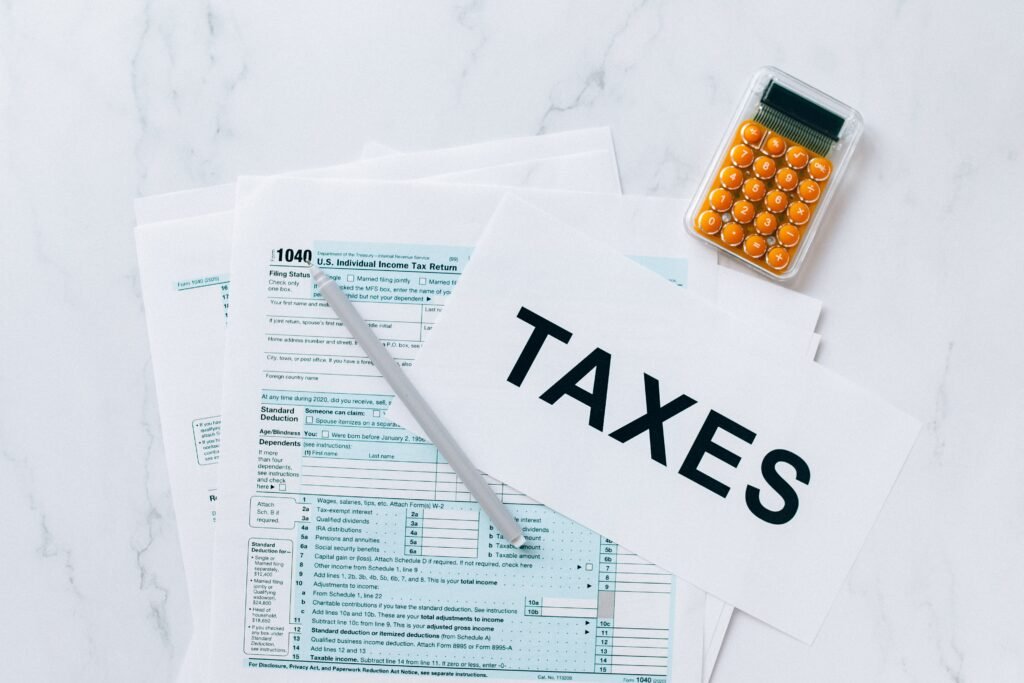
This is the perfect opportunity to get organized for an easy experience and a big refund this year. Send in a tax return sample and get your taxes done correctly and easily without breaking the bank.
Even if you are abroad, you may still be required to file a federal tax return. There’s a possibility that you don’t have to pay any U.S. taxes if you meet certain conditions, but you still must file the return to prove that you are complying with IRS rules.
The U.S. tax code says your worldwide income is subject to U.S. taxes, regardless of whether you earn it as part of an American company or a foreign entity. Rules get trickier for American business owners abroad: For instance, your income may be subject to U.S. federal income taxes, no matter where you earned it.
You may want to pay U.S. state taxes
Many US citizens and permanent residents who live abroad are liable for state taxes, even if they are living outside the country. The tax laws vary by state. Some states do not have their own income tax, while others require residents to file a yearly state tax return even if they are not currently within its borders.
It’s important that you check with the appropriate state agency before leaving the country to determine if any state-level taxes must be paid. All federal taxes will still apply.
If you’re planning to live in a state other than where you currently reside for an extended amount of time, you may need to establish residency. Talk to an expert if you’re not sure about the state tax laws.
Don’t forget to file self-employment taxes.
You’re self-employed? No problem, if you live and work abroad. Self-employment taxes are a form of self-employment tax that must be paid by you, along with your Medicare and Social Security contributions. This form of self-employment tax cannot be offset by any tax benefits available to you.
Claim the Foreign Earned Income Exclusion.
The Foreign Earned Income Exclusion allows expat taxpayers to exclude from federal income tax a certain amount of foreign earnings. The FEIE is $108,700 for the tax year 2021. For the tax year 2022, it’s $112,000. If your taxable income falls below the threshold and you have zeroed out your tax liabilities, you will need to file a federal tax return.
Claim the Child Tax Credit
If you have dependents under the age of 12, you may be able to claim a tax credit on your income tax return to lower the amount of tax that you pay. To qualify for this credit your children need a valid U.S. Social Security Number(SSN).
Report on your foreign assets and accounts
If you own financial accounts with a combined worth of $10,000 or more you will need to file an FBAR, Report of Foreign Bank and Financial Accounts and when filing your Form 8938, Statement of Specified Foreign Financial Assets, with the IRS, you must declare foreign financial assets. Please note that you do not have to report your primary residence owned in your name.
Tax forms and deadlines
Use Form 1040, also known as the U.S. Individual Income Tax Return, to complete your taxes when paying federal taxes on income over $10,000 (or $400 if you’re self-employed).
While the regular tax deadline for the 2022 tax return is April 18, American taxpayers abroad are automatically granted a filing extension until June 15, with an option for a second extension on October 17. Filing form 4868 to secure an additional extension, Application for Automatic Extension of time to file U.S. Individual Income Tax Return before June 15th.
